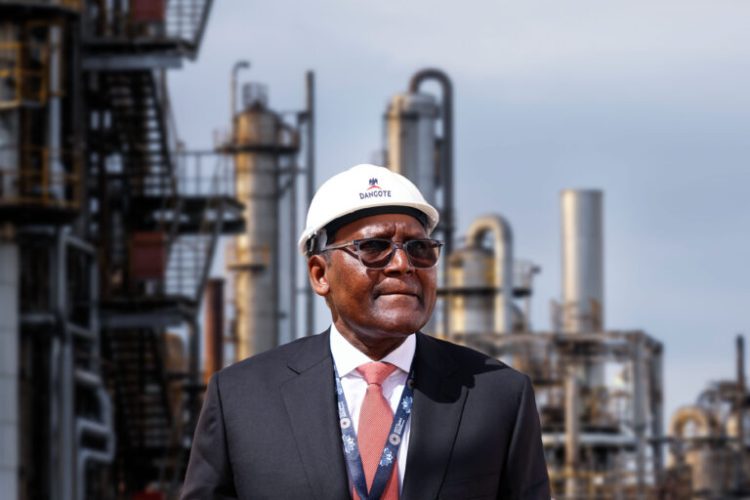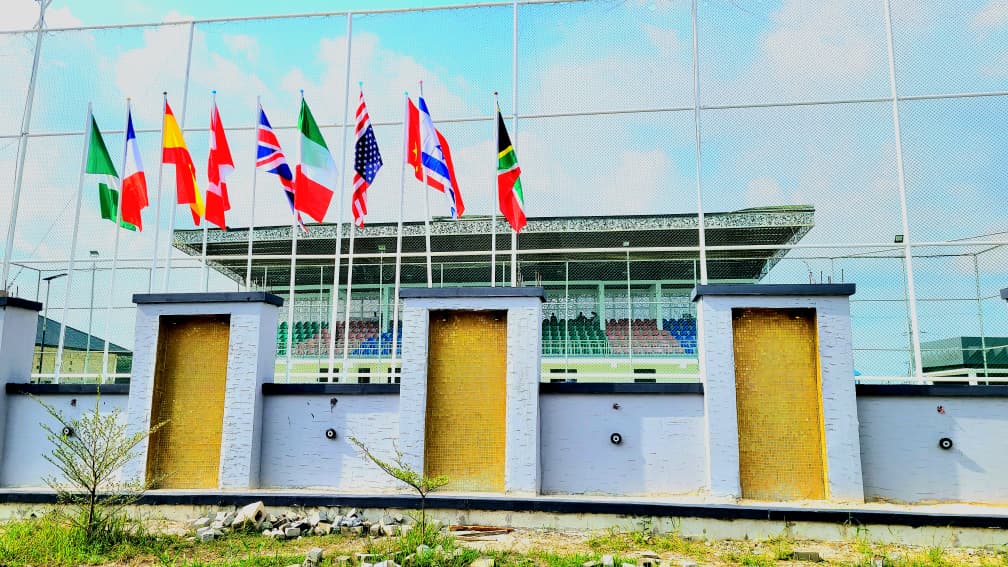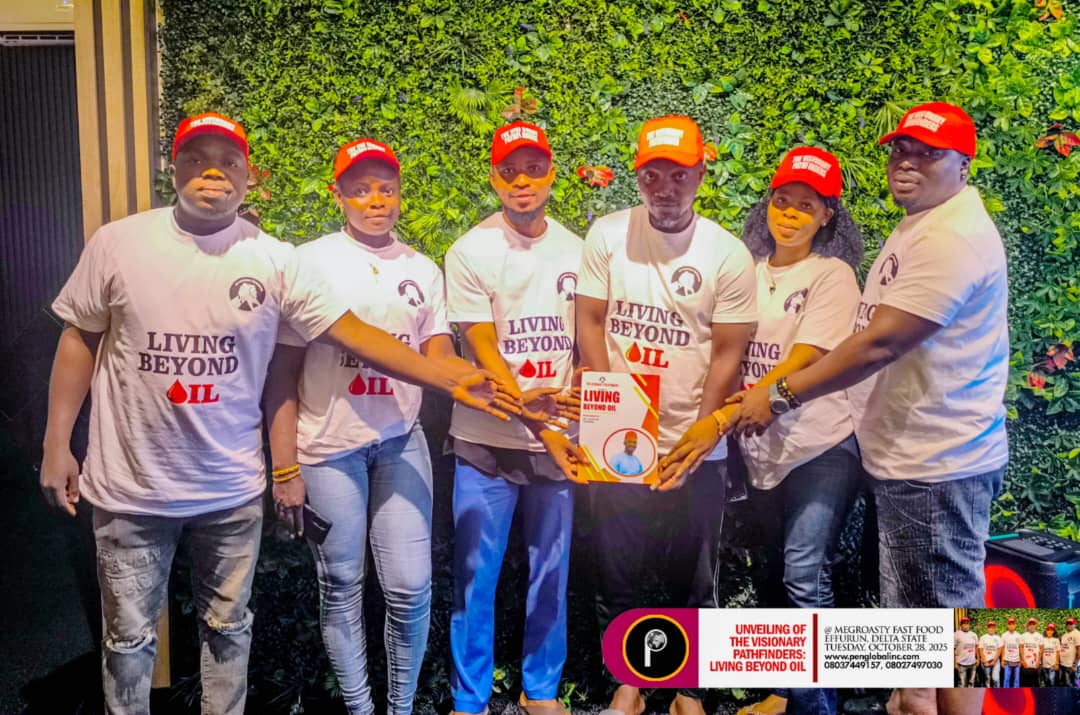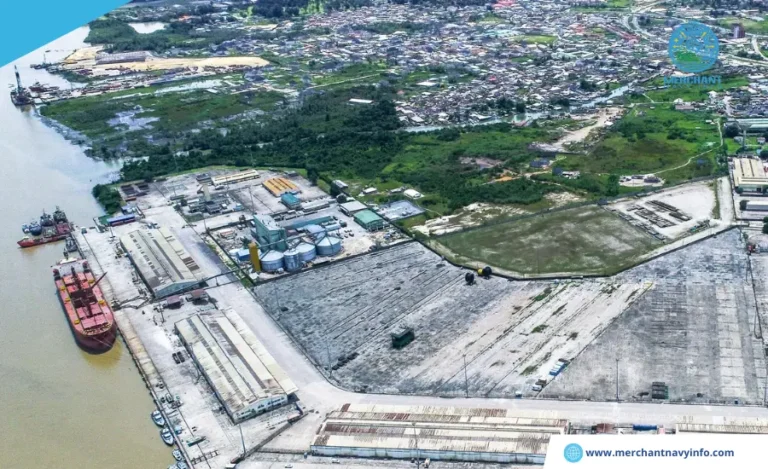THE DANGOTE GROUP: How One Refining Infrastructure is Causing Jitters in Nigeria's Oil and Gas Sector

Did you know that the Dangote Refinery, with a greater capacity than the total output of Nigeria's existing refining infrastructure, will be able to meet the country's entire domestic fuel demand, as well as export refined products?
Nigerian businessman Aliko Dangote, the billionaire whom Bloomberg, through its Billionaires Index, estimated his net worth at $15.3 billion in May 2024, first unveiled early plans for the Dangote Refinery in September 2013, when he announced that he had secured about $3.3 billion in financing for the project.
At the time, the refinery was estimated to cost about $9 billion, of which $3 billion would be invested by the Dangote Group and the remainder via commercial loans, and begin production in 2016. However, after a change in location to Lekki, construction of the refinery did not begin until 2016 with excavation and infrastructure preparation, and the planned completion was pushed back to late 2018.
Before his foray into investing in the oil and gas sector, Dangote had established The Dangote Group as a small trading firm in 1977, the same year Dangote relocated to Lagos to expand the company. He received a ₦500,000 loan from his uncle to begin trading in commodities, including bagged cement as well as agricultural goods like rice and sugar.
In the 1990s, Dangote approached the Central Bank of Nigeria with the idea that it would be less expensive for the bank to allow his transport company to manage their fleet of staff buses, a proposal that was also approved.
In July 2012, Dangote approached the Nigerian Ports Authority (NPA) to lease an abandoned piece of land at the Apapa Port, which was approved. He later built facilities for his sugar company there. It is the largest refinery in Africa and the third largest in the world, producing 800,000 metric tons of sugar annually. The Dangote Group owns salt factories and flour mills and is a major importer of rice, fish, pasta, cement, and fertilizer. The company exports cotton, cashew nuts, cocoa, sesame seeds, and ginger to several countries. Additionally, it has major investments in real estate, banking, transport, textiles, oil, and gas.
In February 2022, Dangote announced the completion of the Peugeot assembling facility in Nigeria following his partnership with Stellantis Group, the parent company of Peugeot, and the Kano and Kaduna state governments. The new automobile company, Dangote Peugeot Automobiles Nigeria Limited (DPAN) factory, which is based in Kaduna, commenced operations with the roll-out of the Peugeot 301, 508, 3008, 5008, and Landtrek.
Before his automobile stint, in July 2017, major structural construction of the Dangote Refinery began. An associated project at the site of the refinery, a urea fertilizer factory, was scheduled to begin operation in late 2018 and produce about three million tons of urea annually. In 2018 the refinery project was expected to cost up to $15 billion in total, with $10 billion invested in the refinery, $2.5 billion in the fertilizer factory, and $2.5 billion in pipeline infrastructure.
In July 2022, Dangote had to borrow ₦187 billion (about $USD442 million) at 12.75% resp. 13.5% p.a. to complete the refinery. At the same time, all of the four refineries of the state-owned oil company NNPC (in Kaduna, Port Harcourt and Warri) are idle and expect to process crude oil again in 2023 after "revamping".
On 22 May 2023 in Lekki, Nigeria, Dangote commissioned the Dangote Refinery situated on a 6,180-acre (2,500 hectares) site at the Lekki Free Trade Zone, Lekki, Lagos State. It is supplied with crude oil by the largest sub-sea pipeline infrastructure in the world at 1,100 kilometres (680 mi) long.
In September 2023, the refinery announced that it will start producing Diesel and kerosene in October 2023 and gasoline one month later. In September, it became clear that the refinery would not yet be able to start operations because the supply of crude oil was stalling. This caused considerable public reaction. On 25 November, the Financial Times gave a new date for the start of operations in December 2023, with the refinery expecting a delivery of 6 million barrels of crude oil in December, after which operations could begin. This would be the first delivery of a total of six.
On 7 December, the refinery received its first delivery of 1 million barrels of Agbami crude oil. The delivery of the Supersuez tanker OTIS did not take place in the refinery's harbour, but via "Single Point Mooring", a buoy-like floating facility for unloading liquid cargo off the coast. The production of diesel fuel and aviation fuel A1 (the most common jet fuel except for the US) started in January 2024. The Dangote Refinery is capable of supplying 100% of Nigeria's oil needs, and also have surplus of each of these products for export.
On 26 June 2024, a minor fire occurred in the refinery with video from the scene showing smoke and flame billowing from one corner of the plant, with claims of a sabotage. The operator said in a statement that the blaze had no impact.
At the end of May 2024, Dangote announced that within 2 months the refinery would attain the capacity of 500,000 barrels a day. The refinery would continue to import oil from the United States, since the domestic oil production can't deliver. At the same time the spokesman of the refinery announced that the Dangote Refinery aims to be listed both at the London Stock Exchange (LSE) and the Nigerian Stock Exchange (NSE) in Lagos.
With a single crude oil distillation unit, the refinery will be the largest single-train refinery in the world. At full production, the facility will process about 650,000 barrels of crude oil daily, transported via pipelines from oil fields in the Niger Delta, where natural gas will also be sourced to supply the fertilizer factory and be used in electrical generation for the refinery complex. This corresponds with 50,000,000 litres (13,000,000 US gal) of Euro-V quality gasoline and 17,000,000 litres (4,500,000 US gal) of diesel daily, as well as aviation fuel and plastic products. With a greater capacity than the total output of Nigeria's existing refining infrastructure, the Dangote Refinery will be able to meet the country's entire domestic fuel demand, as well as export refined products.
Today, the Dangote Group is one of the largest conglomerates in Africa, with international operations in Benin, Ghana, Zambia, and Togo. The Dangote Group has moved from being a trading company to being the largest industrial group in Nigeria, encompassing divisions like Dangote Sugar Refinery, Dangote Cement, and Dangote Flour. Dangote Group dominates the sugar market in Nigeria, and its refinery business is the main supplier (70 percent of the market) to the country's soft drink companies, breweries, and confectioners. The company employs more than 11,000 people in West Africa.
#penglobalbusiness #Dangote



